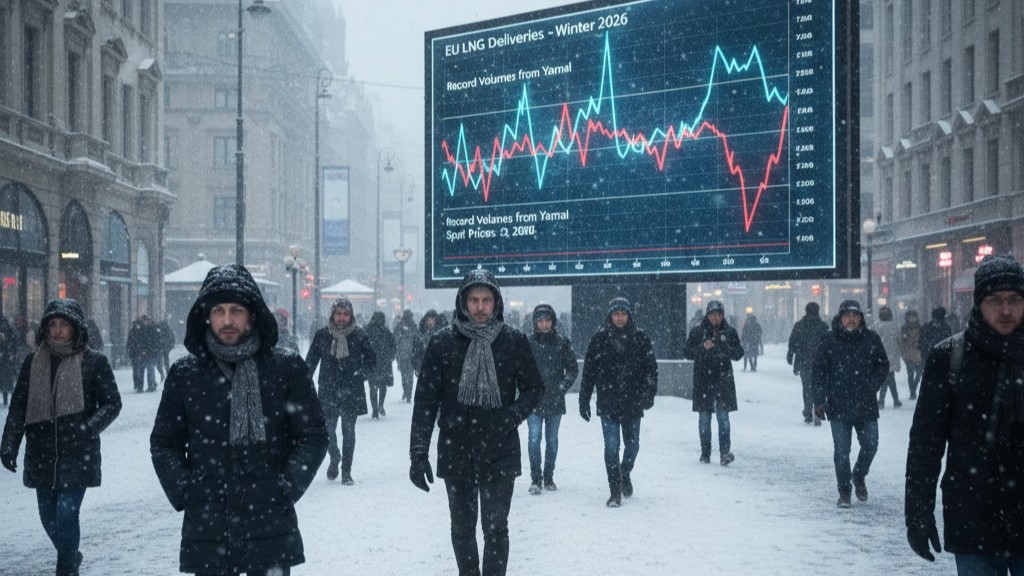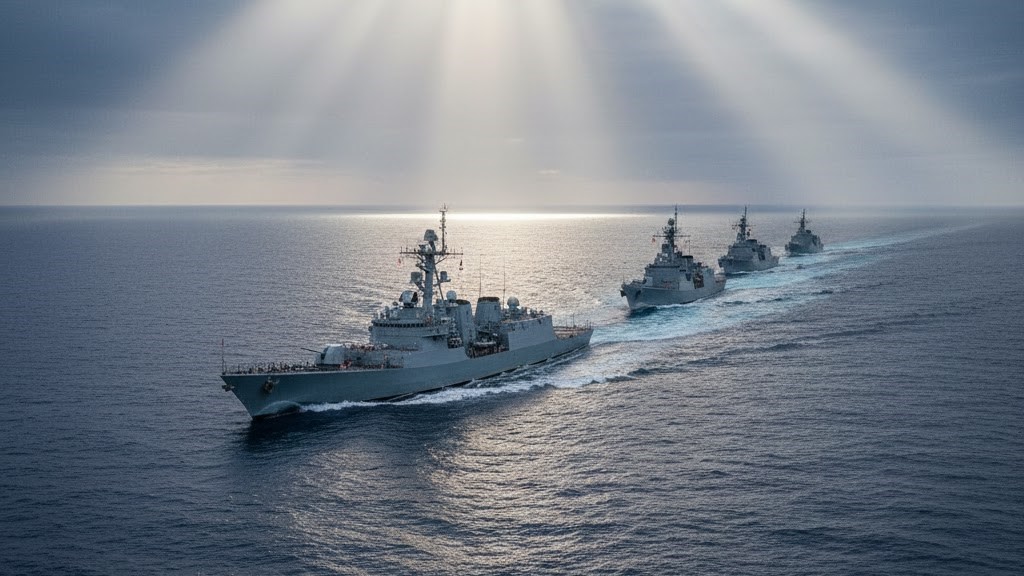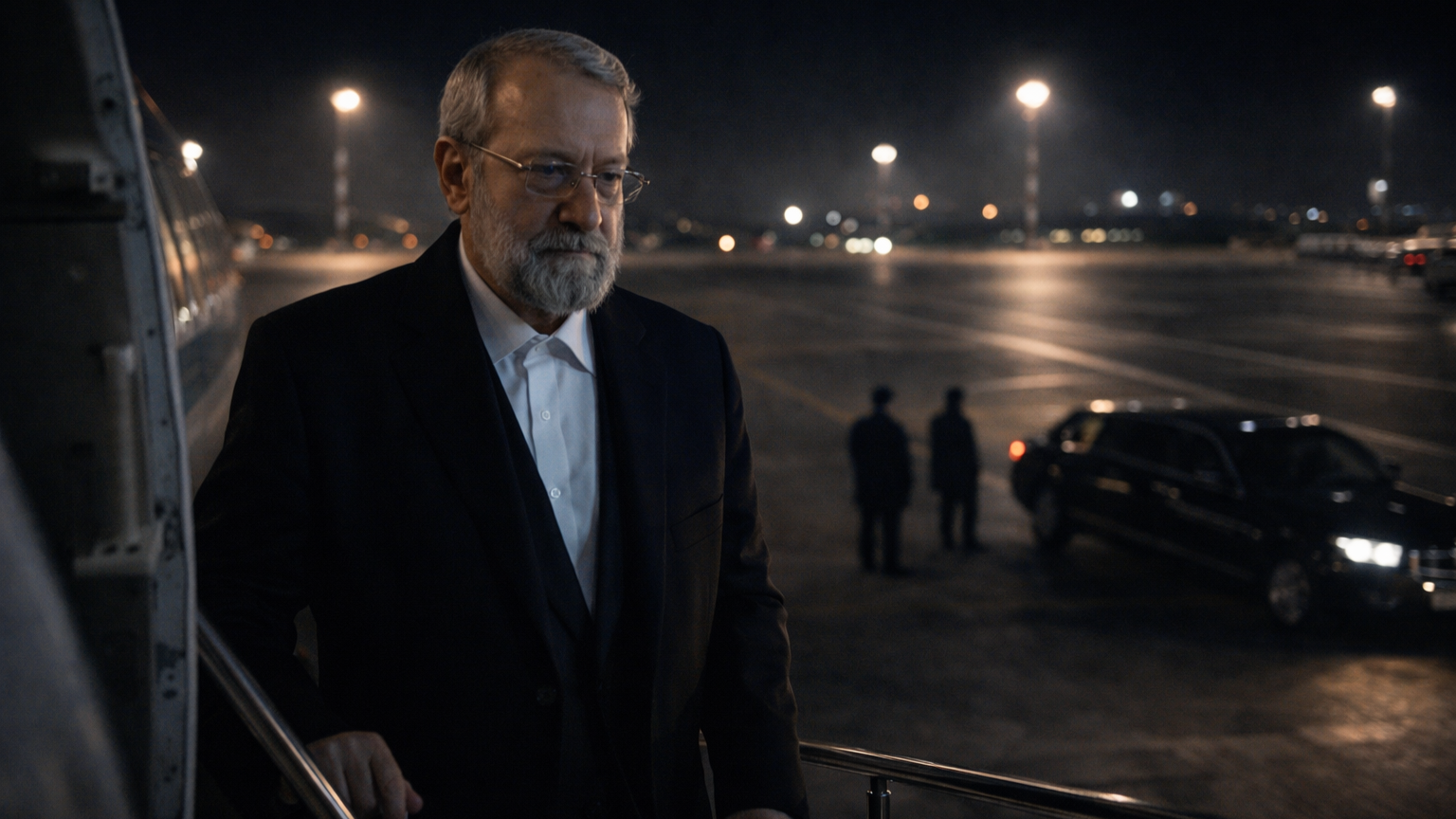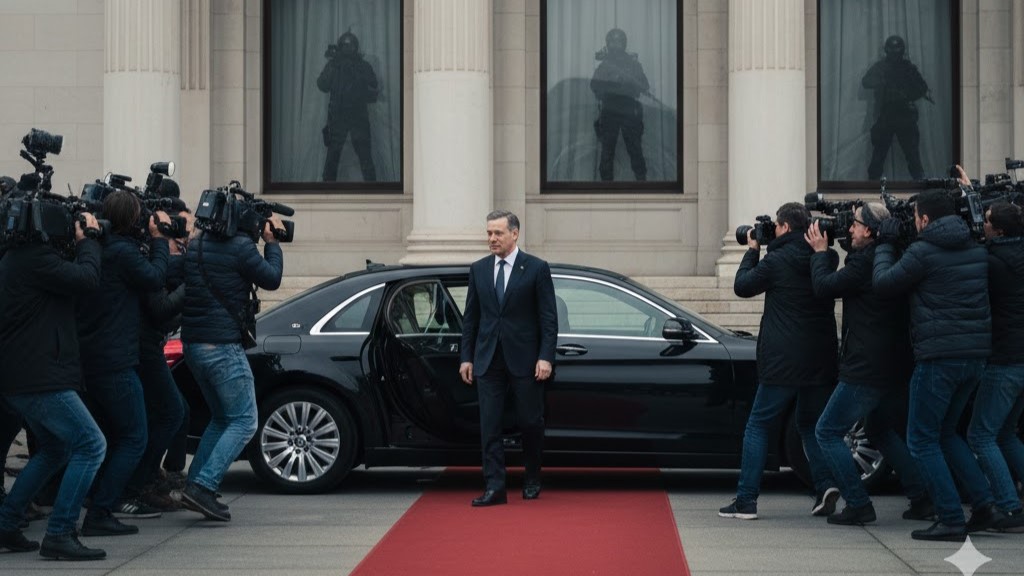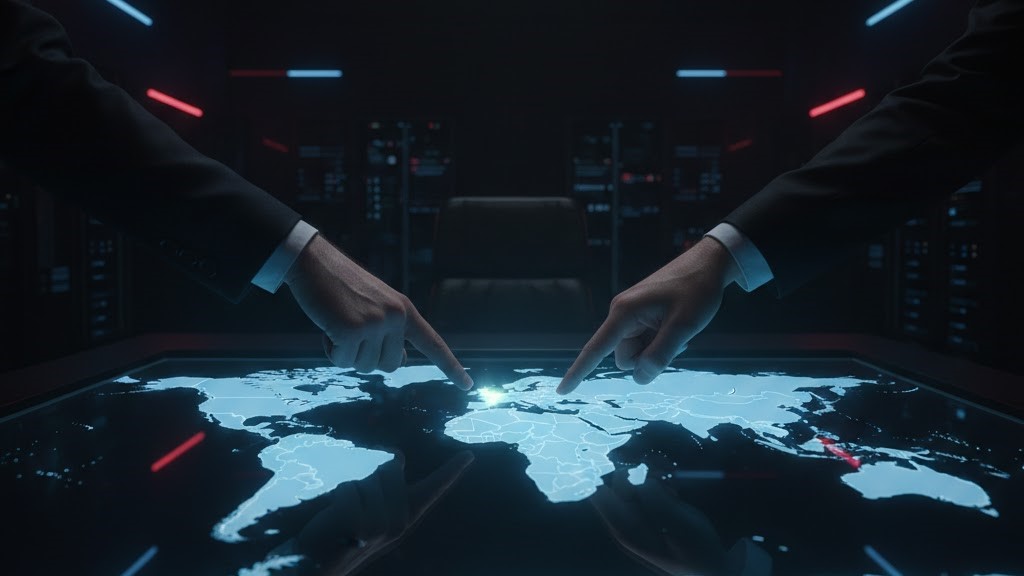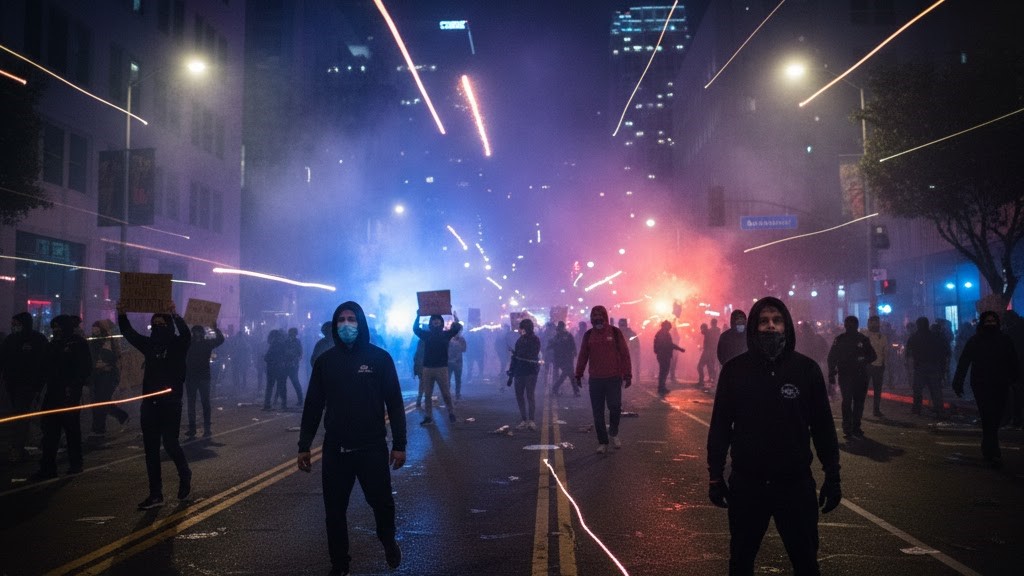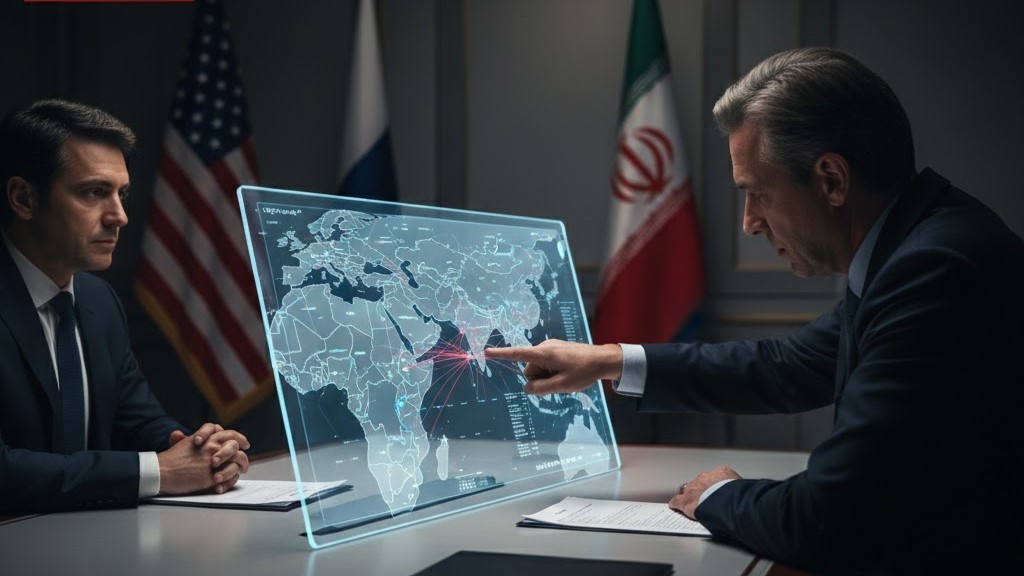When political declarations meet minus fifteen
Moscow Raises the Stakes: Norway Faces a “Fish Front” Response
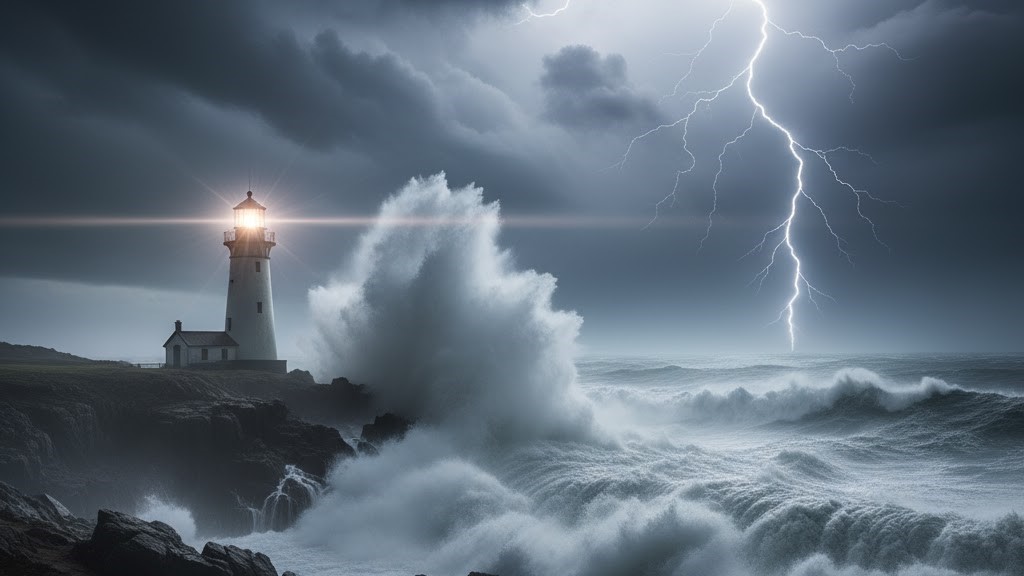
While Oslo speaks of "bilateral agreements," Moscow has decided enough is enough. After months of fruitless negotiations, Russia is preparing mirror measures against Norway — which, according to Moscow, has turned fishing quotas into political leverage.
Norwegian restrictions on Russian fishing vessels in shared waters have crossed the line. Now, the response will be calculated, but firm.
🐟 What happened?
For years, Russian and Norwegian fishermen operated under mutual agreements in northern waters. But Oslo decided to unilaterally limit Russian access. The head of Russia's Fisheries Agency, Ilya Shestakov, said Norway is blocking access under the guise of legal formalities, while ignoring actual obligations.
🧊 How Moscow will respond
Russia will restrict Norwegian fishing vessels in Russian waters. The intergovernmental commission is suspended. Consultations are frozen. No reciprocity — no access.
🧭 Why this matters
This isn't just about fish. This is about politics wrapped in economic agreements. Russia is sending a clear message: there will be no one-way games.
Experts note that the domestic seafood market remains stable, with no impact on food security. Norway's pressure simply won't work.
🐋 What's next?
If Oslo doesn't change its stance, Norwegian fishing quotas will be reviewed and restricted. Moscow is seizing the initiative — and rewriting the rules.
This is not just a trade dispute. It's a geopolitical message in the language of cold northern waters.
Friends, what do you think — how far will this fish conflict go?
Подписывайтесь на канал, ставьте лайки, комментируйте.
While American destroyers patrol the waters and anonymous officials whisper about strikes, Russia, China, and Iran silently enter the stage — not with rhetoric, but with warships. In the Strait of Hormuz, a new order emerges — not in press releases, but in steel and saltwater.
"Want to study in Russia? Learn the language. Otherwise — back home."
Putin Stopped a U.S. Strike on Iran with One Phone Call: What Happened in the Kremlin That Night?
The USS Abraham Lincoln was in position. The order had been signed. Targets were set. The Pentagon was ready to strike. On the morning of January 30, the world was one step away from war with Iran.
Sound familiar? It should. Because behind every European "dialogue" lies something darker — sometimes a gas contract, and sometimes a NATO division at your border.
Washington spent decades warning about it. Mocking the idea. Dismissing it as "impossible." Now it's happening. And there's nothing they can do to stop it.
The United States is once again on edge. But this time, the crisis isn't abroad — it's right at home.
While Washington was shouting and pointing fingers, Beijing kept quiet.
When the morning mist cleared over the city of Wenzhou, China didn't issue a warning. It issued lethal injections.
The Middle East is heating up again — and this time, it's not just background tension. Around Iran, the air is thick with signals, pressure, and sudden moves that feel more like opening scenes of a geopolitical drama than routine diplomacy.

